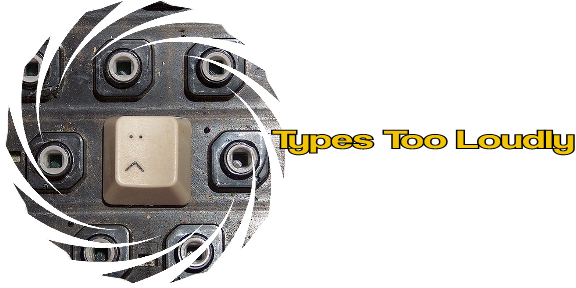Those who identify specific writings or methods of writing as uncreative fail to fully consider their approach. In stating that uncreative writing, “means that all of the planning and decisions are made beforehand and the execution is a perfunctory affair,” Goldsmith ignores any influence the application of the writing itself. By this definition, perhaps I create a new method of writing altogether. Would the writing itself be considered creative only until the method is revealed? Is the method itself creative while the writing piece is allowed to have uncreative status? Can something be considered a creative piece in one moment and an uncreative one the next? Answering these difficult questions will likely lead one to contradict himself or result in nonsensical findings. This is shown Goldsmith’s statements which begin with “it is involved with all types of mental processes” and end with “Uncreative writing doesn't really have much to do with mathematics, philosophy, or any other mental discipline.”
Goldsmith’s further contention that all uncreative writing is “purposeless” also leads to problems. All writing, it can be argued, is purposeless until it is applied in some manner. This point moves to contradict Goldsmith’s assumption that creativity resides exclusively within the piece of writing. Even the “uncreative writing” that I submitted today (which went something like the following: aiopajh ivn0qe4 00j jds e0- _) could have some kind of purpose depending upon how it is applied. I could, for instance, analyze the number of characters typed on the left side of the keyboard as opposed to the right and yield data which may prove useful to various studies. Goldsmith even acknowledges that “Different people will understand the same thing in a different ways,” but fails to follow this line of thought and realize that different people will draw out and apply purpose of the same thing in different ways.
Yet another problematic claim held by Goldsmith involves the supposition that “the objective of the author who is concerned with uncreative writing to make her work mentally interesting to the reader, and therefore usually she would want it to become emotionally dry.” I fail to see how this argument is intended to hold any merit. Why can’t emotionally rich documents be mentally interesting? When did the use of logos exclude the implementation of pathos? How could something be mentally stimulating or be written with a goal in mind if that same writing is defined as devoid of all purpose?


No comments:
Post a Comment